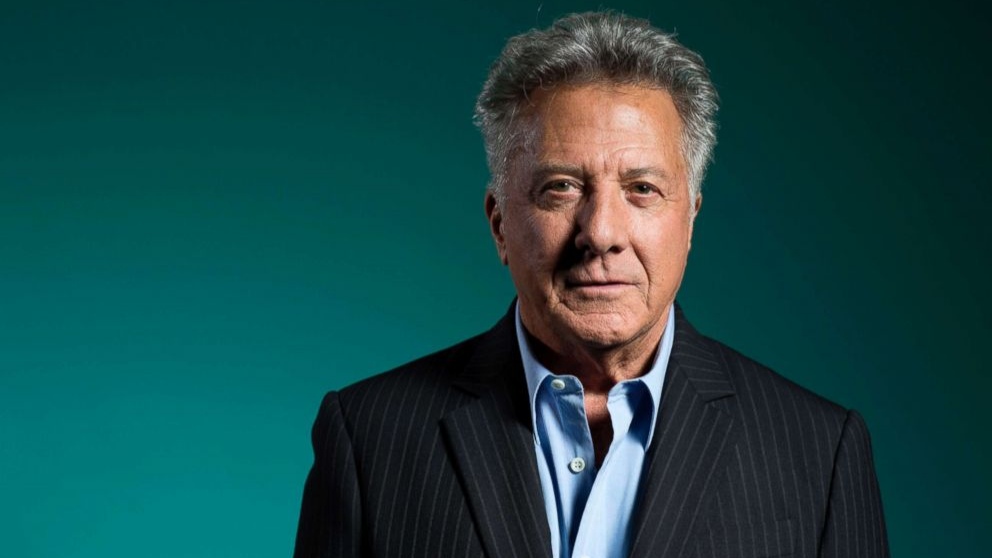Dustin Hoffman Siblings: All About Ronald Hoffman

Actor Dustin Hoffman PHOTO/Entertainment Weekly
Dustin Lee Hoffman, born August 8, 1937, in Los Angeles, California, is an American actor and filmmaker widely regarded as one of the most versatile and influential performers of his generation.
Known for portraying complex, often flawed characters, Hoffman rose to prominence during the New Hollywood era, challenging traditional notions of leading men with his average looks and intense emotional depth.
From his breakout role in The Graduate (1967) to iconic performances in films like Rain Man (1988) and Kramer vs. Kramer (1979), Hoffman has left an indelible mark on cinema.
Beyond acting, he has explored directing and producing, maintaining a career that spans over six decades.
Siblings
Dustin has one sibling, an elder brother named Ronald Hoffman.
Unlike Dustin, Ronald did not pursue a career in the entertainment industry.
Instead, he became a lawyer and economist, carving out a professional path distinct from his brother’s spotlight.
Career
After dropping out of Santa Monica City College, where he briefly studied music, Hoffman trained at the Pasadena Playhouse and later at the Actors Studio in New York, embracing method acting.
His early years were marked by struggle, with odd jobs like dishwashing and coat-checking while he honed his skills in Off-Broadway productions.
His stage work earned him a Theatre World Award and a Drama Desk Award for the play Eh? in 1967, signaling his potential.
Hoffman’s breakthrough came with The Graduate (1967), where he played Benjamin Braddock, a disillusioned college graduate.
The role earned him his first Academy Award nomination and made him an overnight star, despite initial skepticism about his unconventional appearance.
Also Read: Rob Morrow Siblings: Get to Know Carrie Morrow
Director Mike Nichols’ gamble paid off, and the film’s success redefined Hollywood’s leading man archetype.
Hoffman followed with diverse roles, portraying a gritty hustler in Midnight Cowboy (1969), a vulnerable mathematician in Straw Dogs (1971), and journalist Carl Bernstein in All the President’s Men (1976).
His first Oscar win came for Kramer vs. Kramer (1979), playing a father navigating divorce, a performance lauded for its raw authenticity.
He won a second Best Actor Oscar for Rain Man (1988), embodying an autistic savant with meticulous preparation, including two years spent with autistic individuals.
Other notable films include Tootsie (1982), where he played a cross-dressing actor, earning another Oscar nomination, and Hook (1991), showcasing his range as Captain Hook.
Hoffman’s stage work continued, with a Tony Award nomination for his role as Shylock in The Merchant of Venice (1990) and critical acclaim for Willy Loman in Death of a Salesman (1984), which also earned him a Primetime Emmy for the televised version.
Accolades
Hoffman’s accolades are extensive, two Academy Awards (from seven nominations), four BAFTA Awards, six Golden Globe Awards (including the Cecil B. DeMille Award), three Drama Desk Awards, two Primetime Emmy Awards, and a Genie Award.
He received the AFI Life Achievement Award in 1999, the Kennedy Center Honors in 2012, and a Career Golden Lion from the Venice Film Festival in 1996.
In 2017, the Gotham Awards honored his lifetime achievement, recognizing his ability to portray antiheroes and marginalized characters with unmatched depth.
Despite occasional missteps, like the cult flop Ishtar (1987), Hoffman’s commitment to challenging roles has kept him relevant.
His voice work as Master Shifu in the Kung Fu Panda series and recent roles, like in The Meyerowitz Stories (2017), show his enduring versatility.
